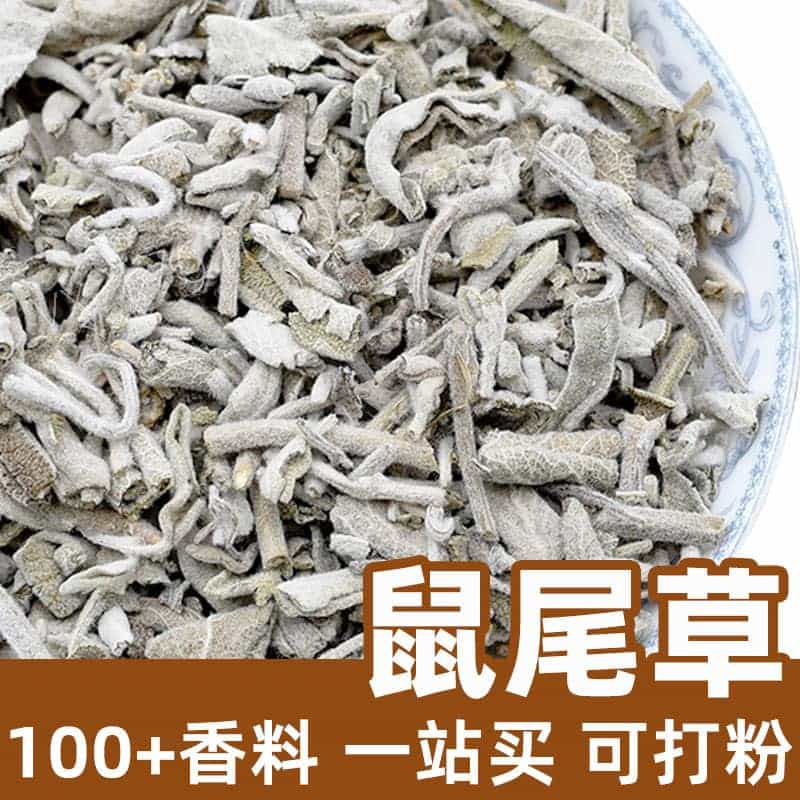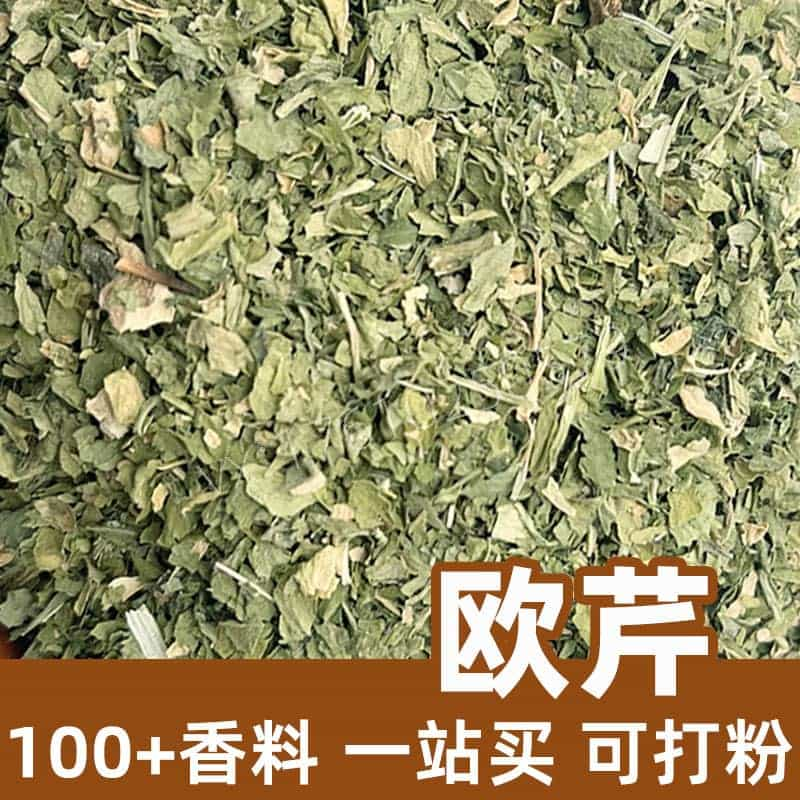Product Overview
Bi Ba, also known as Bi Li or Ba Yu Xing, is a common perennial herbaceous plant. Its tubers resemble nuts, with a hard shell and a yellowish-white interior.
The tubers are the primary product and are widely used in food processing and herbal medicine. Bi Ba is prized for its unique aroma and nutty flavor.
Types of Bi Ba
Bi Ba can be classified into various varieties and strains based on species and growing conditions. Here are some common types:
- Medicinal Bi Ba (Cyperus esculentus 'Medicinal'): This variety is used in herbal formulations and has significant medicinal value.
- Edible Bi Ba (Cyperus esculentus 'Edible'): Primarily used for food processing, this variety has a texture and quality more suited for consumption.
While different varieties may vary slightly in taste and nutritional value, they all share similar characteristics and uses.
Product Applications and Usage
Bi Ba has versatile applications in the culinary and herbal fields, suitable for various food and herbal preparations. Below are some common uses and methods of application:
- Beverages: Bi Ba can be used to make drinks like Bi Ba juice or shakes. When blended or juiced, Bi Ba tubers create a refreshing, sweet drink with a unique nutty flavor.
- Ingredient: The tubers can serve as ingredients in fruit salads, pastries, and main dishes. Slicing, roasting, or steaming Bi Ba adds a nutty texture and distinctive aroma to dishes.
- Herbal Preparations: Bi Ba tubers also have medicinal value in traditional herbal medicine. Ground into powder, Bi Ba is used in herbal remedies to promote water metabolism, strengthen digestion, and stimulate appetite.
When using Bi Ba, adjust quantities based on recipes and personal taste. The tubers can be consumed raw or cooked, depending on the dish and cooking method.
In summary, Bi Ba has diverse culinary applications and some medicinal benefits. When used appropriately according to purpose and recipe requirements, Bi Ba adds a unique flavor and texture to dishes.
Monica Sun is a seasoned expert in the natural raw materials industry, with over a decade of experience specializing in traditional Chinese medicinal herbs, spices, and fungi. She is skilled in the sourcing, processing, and application of these materials, emphasizing sustainability and innovation. Monica Sun has contributed to the development of high-quality natural raw materials that serve as essential components in functional foods, pharmaceuticals, and cosmetics, delivering tailored solutions to meet diverse market needs.









.jpg)


.jpg)


